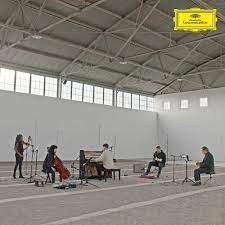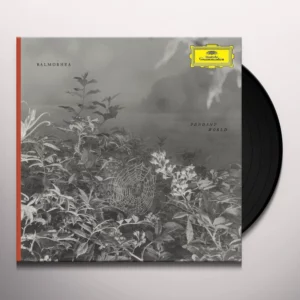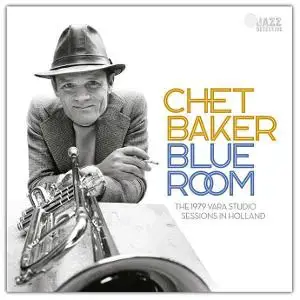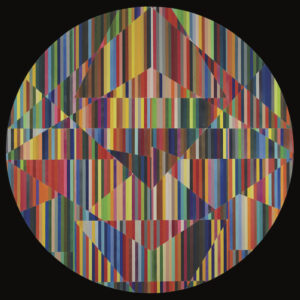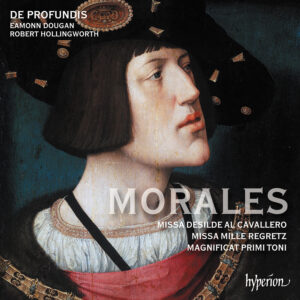Balmorhea
Pendant World
Deutsche-Grammophon
In recent years, Deutsche-Grammophon has been releasing crossover albums incorporating the work of pop/electronic artists, particularly those who sit in the post-rock and ambient pockets. Balmorhea, the band name for the trio Rob Lowe, Michael A. Muller, and Aisha Burns are an ideal grouping for this type of project. Their work has long been influenced by classical music and their arrangements are well wrought. In 2021, their first recording for DG, The Wind, made a strong impression. If anything, their latest for the imprint, Pendant World, is even stronger.
Guests artists from the A-list of contemporary classical music join them, including cellist Clarice Jensen, percussionist Jason Treuting, vocalist Lisa Morgenstern, and guitarist Sam Gendel. Lower and Muller handle keyboard duties, and Burns contributes violin. Many of the songs are aphoristic, but even the smallest slices of music yield atmospheric moments. “Nonplussed,” Pendant World’s opener, clocks in at a mere forty-one seconds, but Treuting’s chimes and gradually accelerating drums give it a striking resemblance to a locomotive gearing up to leave the station. “Range” is a showcase for Gendel’s arpeggiated guitar, with supple strings in the background and a brief piano bridge between the guitar solos. Less than two minutes, it would make an excellent cut for a film score. “Fire Song” too, is short yet memorable. It features Gendel, this time taking on a more melodic role with plaintive harmonies behind him.
Pendant World doesn’t just contain morsel-sized pieces. “Step, Step, Step” is a showcase for the band and all of their guests. Solos ricochet between them, with Burns a particular standout and Treuting providing an ardent motor. The arrangement is well-conceived: the concert music analog to a post-rock anthem. Similarly, “Oscuros” is for the ensemble, with a repeated note piano riff girding the verses and strings taking up a variation of the tune in a subdued middle section. At the end of the piece, the piano takes the foreground again with a harmonically tweaked, more fully realized version of the tune.
The final piece,”Depth Serenade” features Balmorhea with Burns and Jensen handling string duties. The violin and cello melodies are beautiful, set against ambient keyboards. The overall effect has echoes of Gavin Bryars’s Sinking of the Titanic and Harold Budd’s work, but the sound world of Balmorhea commingles with them, and doesn’t merely co opt past sounds. It ends with repeated shimmering piano chords and soaring strings..
Pendant World makes a strong case for the vitality of crossover in a contemporary classical context. One hopes Balmorhea will continue in this vein.
-Christian Carey
